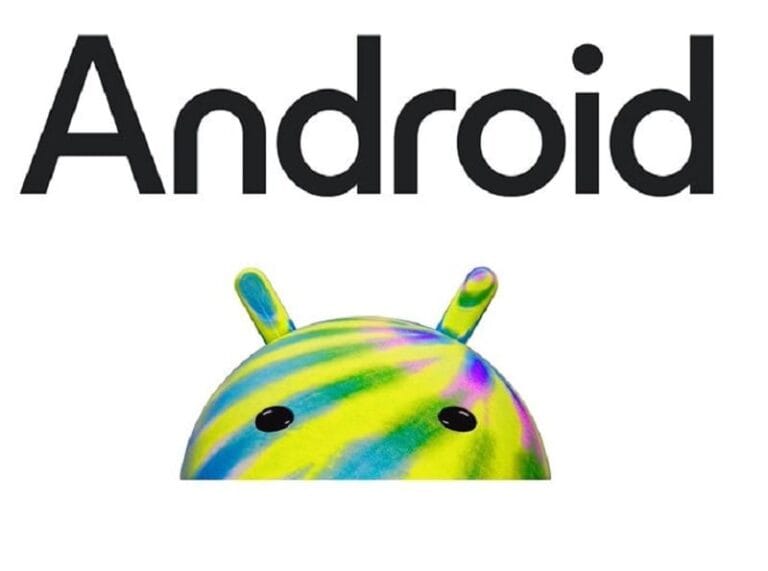Google is introducing a new layer of security for Android devices. Starting in 2026, all apps must come from verified developers, regardless of whether they are installed via the Play Store, an alternative app store, or sideloading.
Suzanne Frey, VP of Product, Trust and Growth for Android, writes in a blog post that users will not have to choose between openness and security. According to her, Android has proven that both are possible by integrating security into the core of the operating system.
Google has seen a clear increase in attacks targeting personal and financial data. Sideloading in particular appears to be a major risk: according to Google, more than 50 times more malware enters the system via apps installed from the internet than via Google Play. Malicious actors often exploit anonymity, for example, by posing as well-known developers and distributing fake apps. By requiring mandatory developer verification, Google wants to break this anonymity and raise the bar for repeated abuse.
From 2026, all apps installed on certified Android devices must be registered by a verified developer. This also applies to apps distributed outside the Play Store. Google compares the measure to passport control at an airport. The developer is checked, but not the content or origin of the app itself. Developers will have to provide their official name, address, email address, and phone number. This may encourage independent developers to register as companies to protect their privacy.
Play Store developers are already familiar with the verification process
For developers who distribute their apps outside the Play Store, there will be a new Android Developer Console where they can verify their identity. Students and hobby developers will get a customized account type. Nothing will change for Play Store developers: verification has been mandatory there since 2023.
Apple also implemented a similar requirement in the EU App Store earlier this year to comply with the Digital Services Act ( DSA). App developers must now provide their “merchant status” when submitting new apps or updates.
The rollout will be phased. Early access for developers will begin in October 2025, followed by a general rollout in March 2026. In September 2026, the rules will apply in Brazil, Indonesia, Singapore, and Thailand. From 2027, the requirement will be introduced worldwide.
Google emphasizes that developers can continue to distribute their apps via sideloading or alternative app stores.
Tip: Google gives Android developers tools to determine best price for apps
